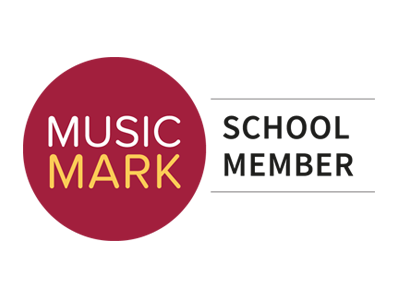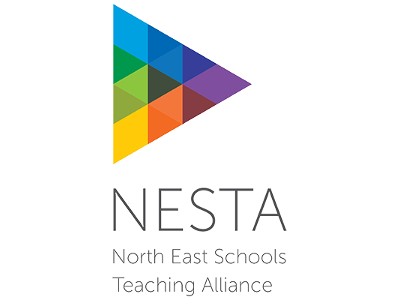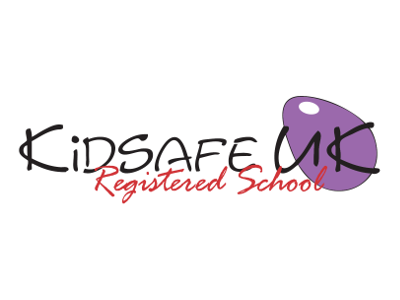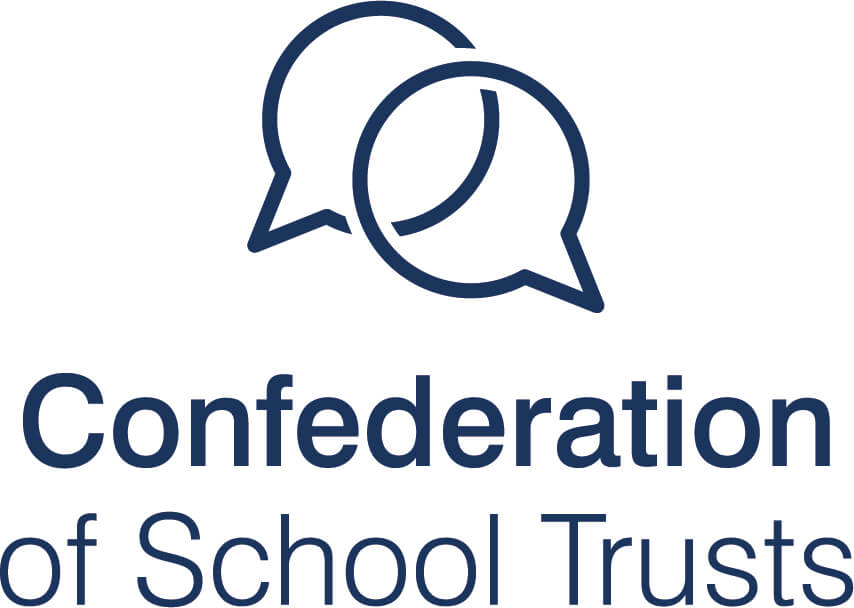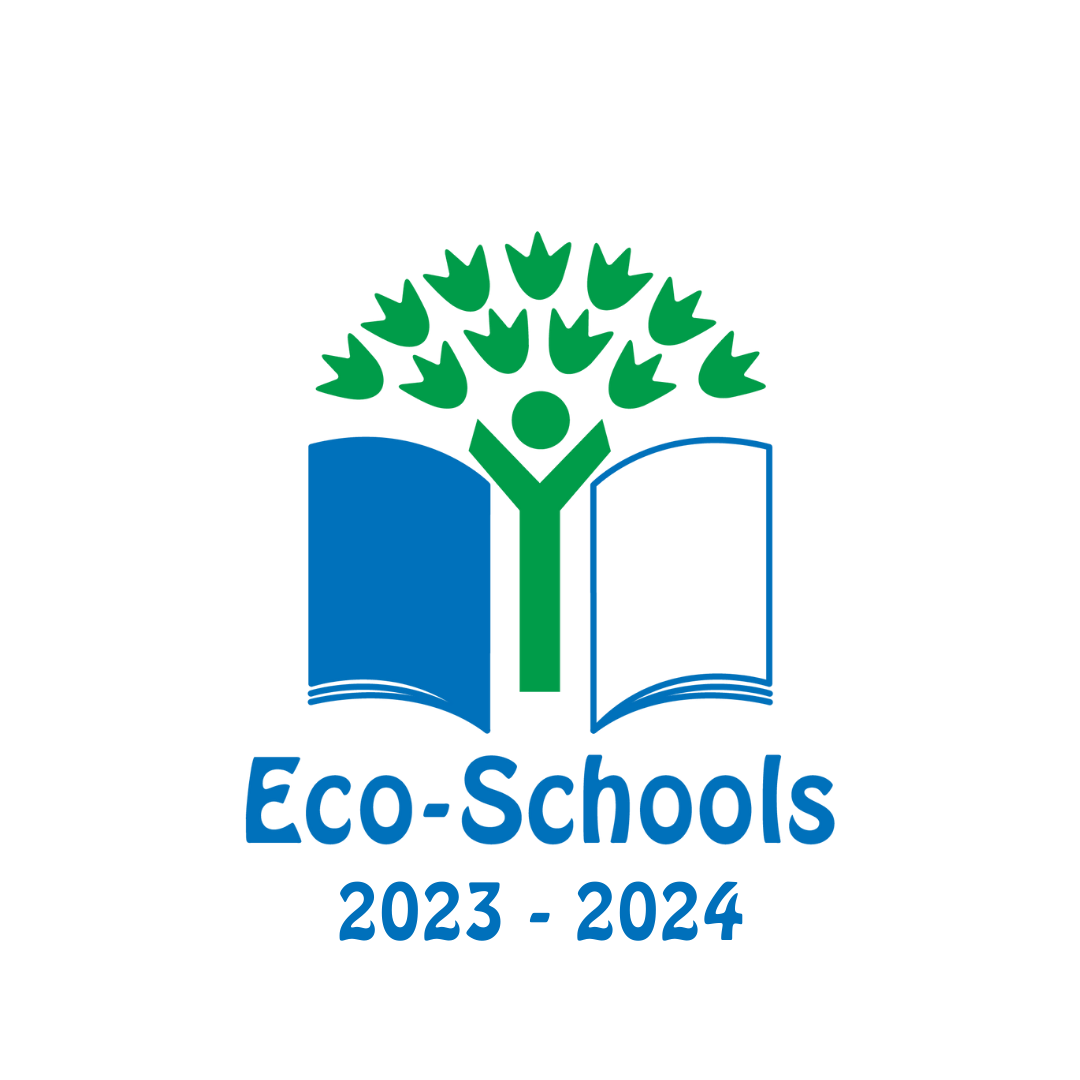Science – Year 4
Download
Download our Year 4 Science curriculum here.
| Essential Skills and Knowledge |
| I can recognise that living things can be grouped in a variety of ways. I can explore and use classification keys to help group, identify and name a variety of living things in their local and wider environment. I can recognise that environments can change and that this can sometimes pose dangers to living things. I can describe the simple functions of the basic parts of the digestive system in humans. I can identify the different types of teeth in humans and their simple functions. I can construct and interpret a variety of food chains, identifying producers, predators and prey. I can compare and group materials together, according to whether they are solids, liquids or gases. I can observe that some materials change state when they are heated or cooled, and measure or research the temperature at which this happens in degrees Celsius (°C)I can identify the part played by evaporation and condensation in the water cycle and associate the rate of evaporation with temperature. I can identify how sounds are made, associating some of them with something vibrating. I can recognise that vibrations from sounds travel through a medium to the ear. I can find patterns between the pitch of a sound and features of the object that produced it. I can find patterns between the volume of a sound and the strength of the vibrations that produced it. I can recognise that sounds get fainter as the distance from the sound source increases. I can identify common appliances that run on electricity. I can construct a simple series electrical circuit, identifying and naming its basic parts, including cells, wires, bulbs, switches and buzzers. I can identify whether or not a lamp will light in a simple series circuit, based on whether or not the lamp is part of a complete loop with a battery. I can recognise that a switch opens and closes a circuit and associate this with whether or not a lamp lights in a simple series circuit. I can recognise some common conductors and insulators, and associate metals with being good conductors |
| Communication Skills | Working together Collaborative Skills | Problem Solving |
| I can ask relevant questions and use different types of scientific enquiries to answer them. Gathering, recording, classifying and presenting data in a variety of ways to help in answering questions. I can report on findings from enquiries, including oral and written explanations, displays or presentations of results and conclusions. I can use results to draw simple conclusions, make predictions for new values, suggest improvements and raise further questions. I can use straightforward scientific evidence to answer questions or to support my findings. | I work with a small group to carry out an experiment and ensure that the principles of fair testing are in place. I can direct the work of others during an investigation. I can work well with a partner to construct a variety of electrical circuits. I can work in a small group to collect data. I can discuss the ideas of others in order to extend my own learning and generate new ideas. I offer my own ideas to help people think more deeply. I am good at putting my point across. I am always prepared to listen to the ideas of others. | I can use a range of processes to separate a mixture of different sized solids. I can construct a range of electrical circuits and choose the resources independently. I can set up an investigation to test what happens e.g. when a material is melted or cooled. I can use the results of my investigations to make predictions. I can find out information about habitats using reference books and search engines |
| Application of number | Information Technology |
| I make careful observations and measure: Length, Mass, Capacity using standard measures. I can record my results in tables, charts, graphs and pictograms. I look for patterns in my recorded measurements and try to explain them. I can collect data and represent it in a frequency table or tally chart. I can convert data into bar graphs and line graphs. I can construct graphs and decide on the appropriate intervals. I can read scales on a variety of equipment including force meters, weighing scales and thermometers. I can identify and group materials into solids, liquids and gases. With support, I can record on line graphs. | I use a spreadsheet to collect data and use this to draw charts or graphs. I use the computer to play science games in which I use my knowledge and understanding to find out answers. I can use various sources to research. I can use digital media to record changes. I can read and interpret data presented electronically. I can read and interpret data presented electronically. I can use a branching database from a software package. I can use a key to identify living things from a software package. I can use sensing equipment to make observations and readings of temperature. I use ICT to explain my hypothesis, my methods and my results. I know that a database can be searched by field. I can use a data logger to collect data. |
Reviewed Summer 2014 – New National Curriculum




